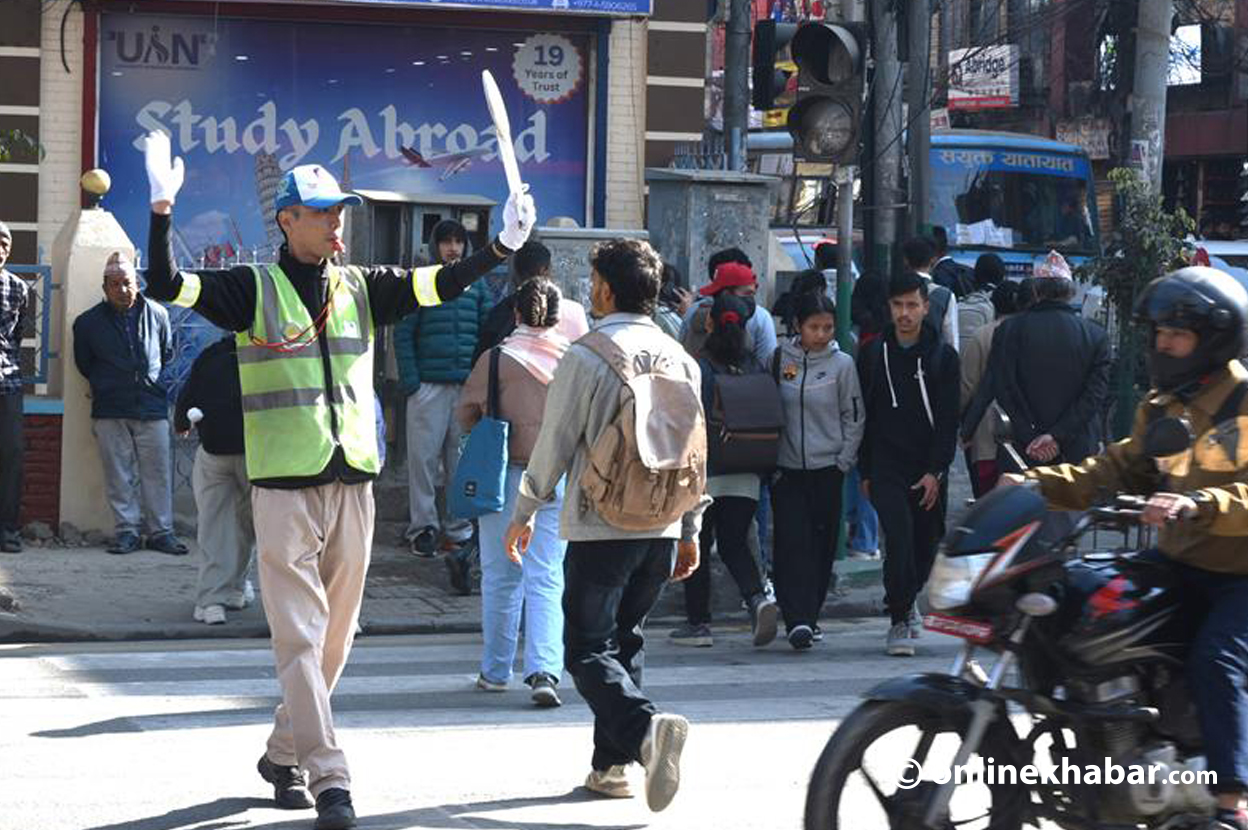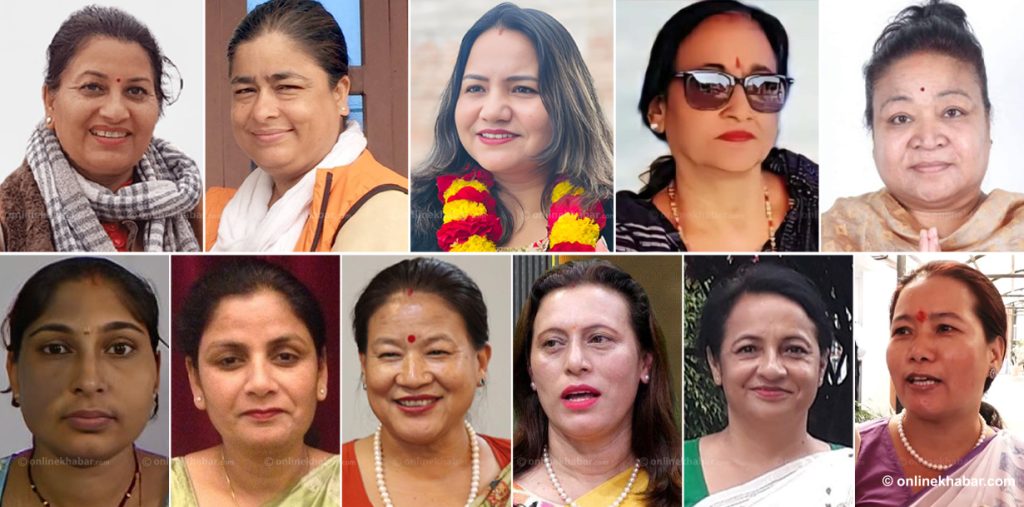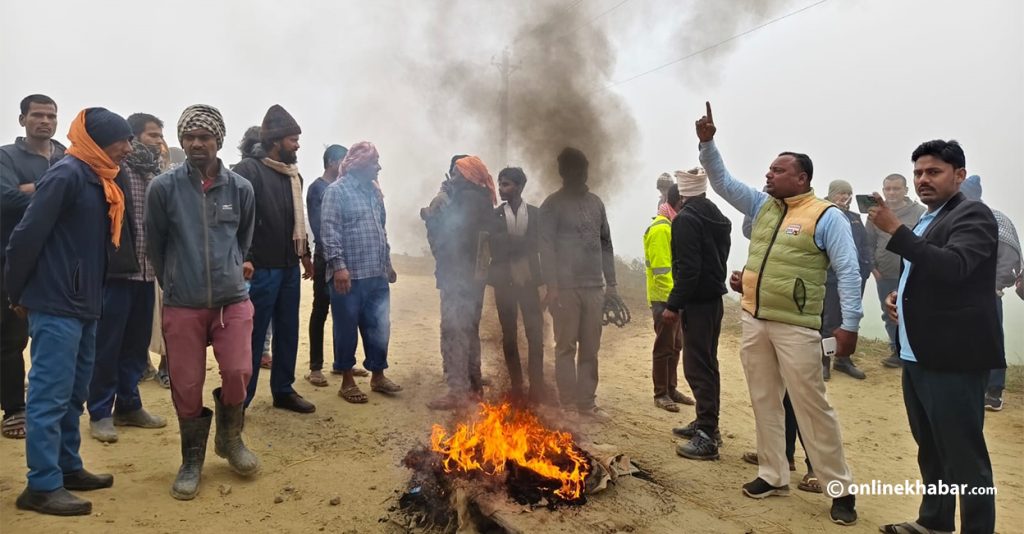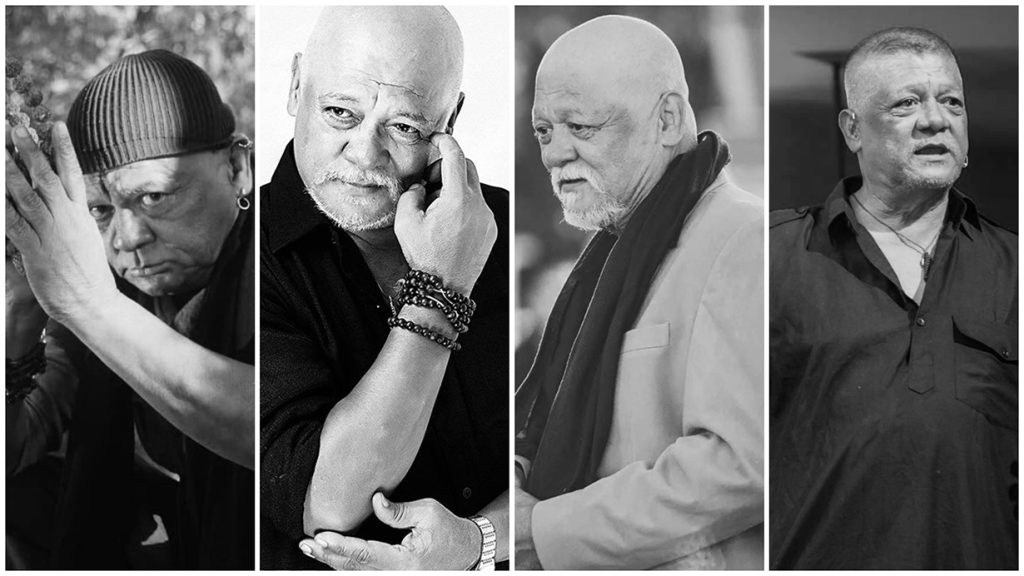In the case of Janata Dal v HS Chowdhary, 1992, the Supreme Court of India defined public interest litigation (PIL) as “a legal action initiated in a court of law for the enforcement of public interest or general interest, in which the public or a class of the community have pecuniary interest or some interest by which their legal rights or liabilities are affected.” Under the PIL, any public-spirited citizen or a social organisation can move the court for the enforcement of the rights of any person or group of persons because of their poverty or ignorance or socially or economically disadvantaged position. Therefore, PILs are considered a potent tool in a democracy to litigate and draw attention to matters of public interest.
The PIL is absolutely necessary for maintaining the rule of law, furthering the cause of justice and accelerating the pace of realisation of the constitutional objectives. In other words, the real purposes of PIL are a vindication of the rule of law, facilitating effective access to justice to the socially and economically weaker sections of the society, and meaningful realisation of the fundamental rights.
In the Constitution of Nepal, under articles 133 and 144, the Supreme Court and high courts are provided with extraordinary jurisdiction respectively to issue writs or appropriate orders for the protection of fundamental as well as legal rights of the people, and PILs fall under such extraordinary jurisdiction.
Over the years, we have seen lots of PILs being filed on genuine issues which were in the interest of the public at large in the real sense. Such as the case of Meera Dhungana v HMG in which the apex court ensured the equal rights of women to parental property and also issued a directive order in the name of the government to present an appropriate bill regarding the parental property before the parliament.
Similarly, in the Surya Prasad Dhungel v Godavari Marble Industries case, the SC passed a landmark judgement concerning the protection of air, water, and environment of Godavari area at large, while in the Sunil Babu Pant v Government of Nepal case, the SC made it possible for gender minorities to get recognised as other than male and female.
According to the annual reports published by the SC, 46 PILs were filed in the fiscal year 2017/18. Similarly, 36 PILs were filed in 2018/19 and 96 PILs in the fiscal year 2019/20. Indeed, it is a good sign as people are showing their awareness in filing the PILs being conscious about their legal rights. On the other hand, we should also be careful that it should not be allowed to become ‘publicity interest litigation’ or ‘politics interest litigation’ or ‘private interest litigation’ or ‘paisa interest litigation’.
Interest matters

Although a PIL is supposed to be brought before the court, not for the purpose of enforcing the right of one individual against another as happens in the case of ordinary litigation, in recent times, there has been the misuse of the PILs in order to garner publicity in the media without adequately pursuing the issue at hand. For instance, in July 2015, Uttam Prasad Rijal and Tankahari Dahal jointly filed a writ petition against the then Constituent Assembly at the SC, demanding legalisation of the willful death (euthanasia).
The SC quashed the writ petition, stating that the advocates have disregarded the principles that have to be considered while filing public interest litigation. The court also stated the PILs should not be filed just for media attention and cheap publicity.
Similarly, in Dr Sharatchandra Verma v the Ministry of Health and Population, the SC observed that by making the matter of personal concern of the petitioner’s own appointment a matter of public concern, the petitioner has deviated from his duty which has to be fulfilled as a petitioner of the PIL. It further stipulated that using the PIL on a contrived basis would go against the purpose and principles of constitutional provisions as well.
It often seems the PILs are increasingly being misused by advocates in order to burnish their court appearances. According to the Supreme Court’s criteria, advocates are required to have taken part in pleading at least 50 cases in order to qualify as a senior advocate, which has led to lawyers filing cases in the name of public interest without adequate homework.
For instance, in the Swami Sambudha vs the Govt of Nepal case, the SC found the petitioner unable to clarify several claims he made in the petition, the petitioner even failed to show the inadequacy of the law as mentioned and the court also found that the petitioner has directly approached the apex court without exhausting the alternatives to get remedy. Therefore, the SC ruled that “the court shall not enter into the matters of imaginary and intellectual debates in the name of public interest.”
Crucial cleanliness
In the PIL cases, the most crucial question for the courts is to measure the seriousness of the petitioner and see whether he/she is actually the champion of the cause of the persons of the group he is representing. It is necessary to take note that a writ petitioner who comes before the court for relief in the public interest must come with clean hands, a clean heart and clean intention (bonafide reason). The frivolous PILs by parties with vested interest leads to overburdening of courts which retards the justice delivery system too.
In Adv Achyut Kharel vs the Office of the Prime Minister and Council of Ministers, the SC stated the right to file a PIL should be taken seriously and it shall not be enough to consider an issue as a matter of public interest just because a petitioner believes it is. The court observed that one should not enter into the court making a petition without studying and analysing the subject matter of the issue and without asking the concerned authorities to perform their public duty. The extraordinary jurisdiction of the court not only seeks a meaningful and substantial relationship of the applicant with the matter but also an in-depth study, dedication and analysis. The court further stated that it cannot be acceptable to register a petition in the name of public interest, get the matter publicised in the media, then remain silent, folding hands after handing over the issue to the court.
The fundamental reason for filing a PIL is to provide access to courts to the poor, marginalised and weaker sections of the society as it is an important tool to outsource the availability of human rights, consumer welfare, and environment to those who have been deprived of the said rights. However, increasing irregularities in the filing of the PILs could lead to the public losing faith in these kinds of litigation.
To avoid the misuse of the PILs, the Supreme Court itself should have laid down detailed guidelines (like the Indian SC) that could be used to govern the management and disposal of the PILs.
Advocates too must act ethically, filing PILs only when necessary and when it concerns something of real public importance rather than seeing the PILs as an easy way to get their names in the press and fulfil their court appearances on their way to becoming a senior advocate. Discipline and ethics should be strongly emphasised in the profession and lawyers should not take up to defend such causes which abuse the PIL.





















